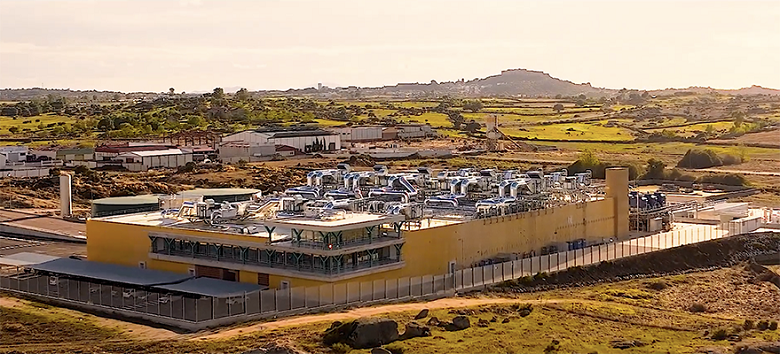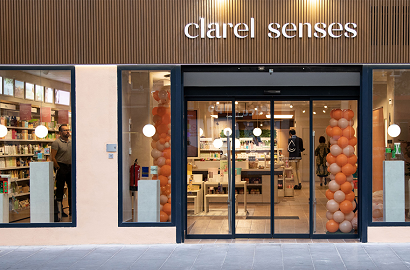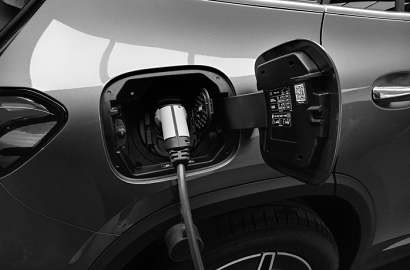Diamond Foundry starts manufacturing diamonds in Extremadura

The European Commission approves Spanish state aid for the f 81-million-euro project.
Diamond Foundry's synthetic diamond factory in Trujillo (Cáceres) has started operations by commissioning the first cluster plasma reactors. Production will increase as new reactors are commissioned, and is expected to reach 4 to 5 million carats per year, both for traditional diamond buyers and for the semiconductor industries.
The US company has invested 850 million dollars in starting up this plant, which is its second single-crystal diamond chip plant and the first in Europe. The project won a grant of 81 million euros from the Government of Spain, which has now been approved by the European Commission to support the production of semiconductor-grade synthetic diamonds.
Job creation
The approval of the aid responds to its alignment with the strategic objectives of the European Union in terms of job creation, regional development and green transition. This is firstly due to the company creating 300 direct jobs, in addition to indirect jobs. Secondly, it aligns with the strategic objectives due to its location in Extremadura, and thirdly, among other aspects, because the company has designed a carbon-neutral building, powered by fully renewable energy generated by a 120-MWp capacity solar PV plant, backed up by battery storage.
Diamond Foundry's patented plasma reactors are designed to produce wafer-sized single-crystal diamonds. These synthetic diamonds can be an alternative in the semiconductor industry to other common resources, such as silicon. Trujillo's production would make it possible to meet the demand from industries with a high need for semiconductors, such as 5G networks and electric vehicles.
Incentive effect
In its decision, the European Commission also found that the aid has an incentive effect, because the beneficiary would not carry out the project without this subsidy. Moreover, the aid has a limited impact on competition and trade within the EU and is proportionate because it is limited to the minimum necessary to leverage investment, without exceeding the maximum amount allowed.
Executive Vice-President of the European Commission for a Clean, Just and Competitive Transition, Teresa Ribera, commented on the award, “Today's decision allows Spain to support Diamond Foundry Europe in setting up its first factory in Europe, which will produce semiconductor-grade synthetic diamonds. This will boost the transition to a decarbonised economy and competitiveness. The aid will also contribute to the region’s economic development, while limiting possible distortions of competition.”
Photo: Diamond Foundry




